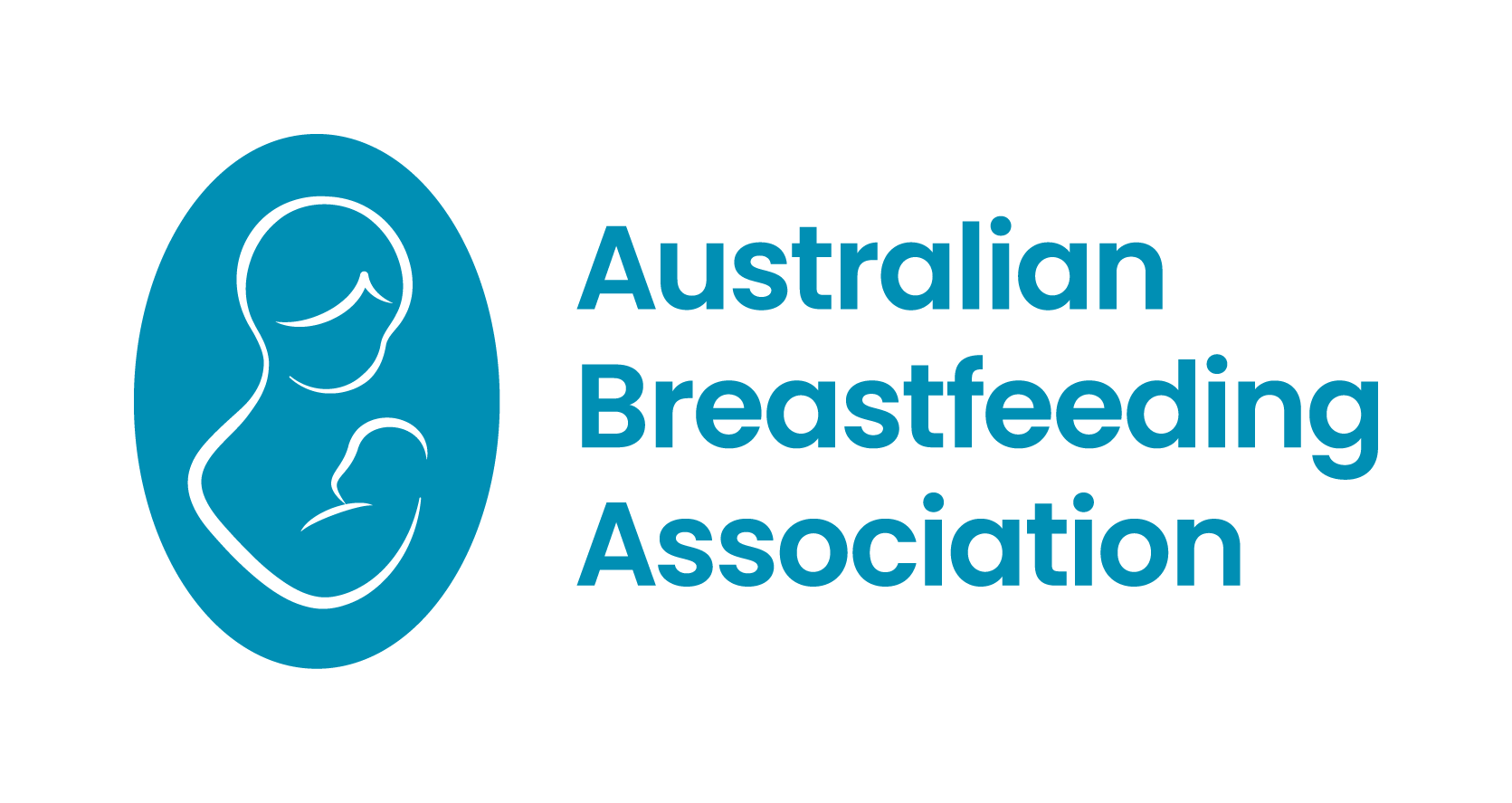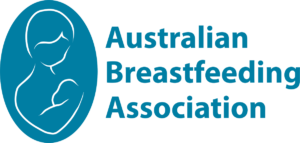Mary Paton Research Award 2021 – Debbie Noble-Carr, Katherine Carroll, Simon Copeland and Catherine Waldby
This research paper provides insight into bereaved fathers' experiences, perspectives and practices in relation to their partner's lactation after stillbirth, neonatal or infant death. It identifies the need for an enhanced focus on family-centred bereaved lactation care and acknowledgement of the positive role that bereaved breastmilk donation has for both mothers and fathers following infant loss. Access the paper here

